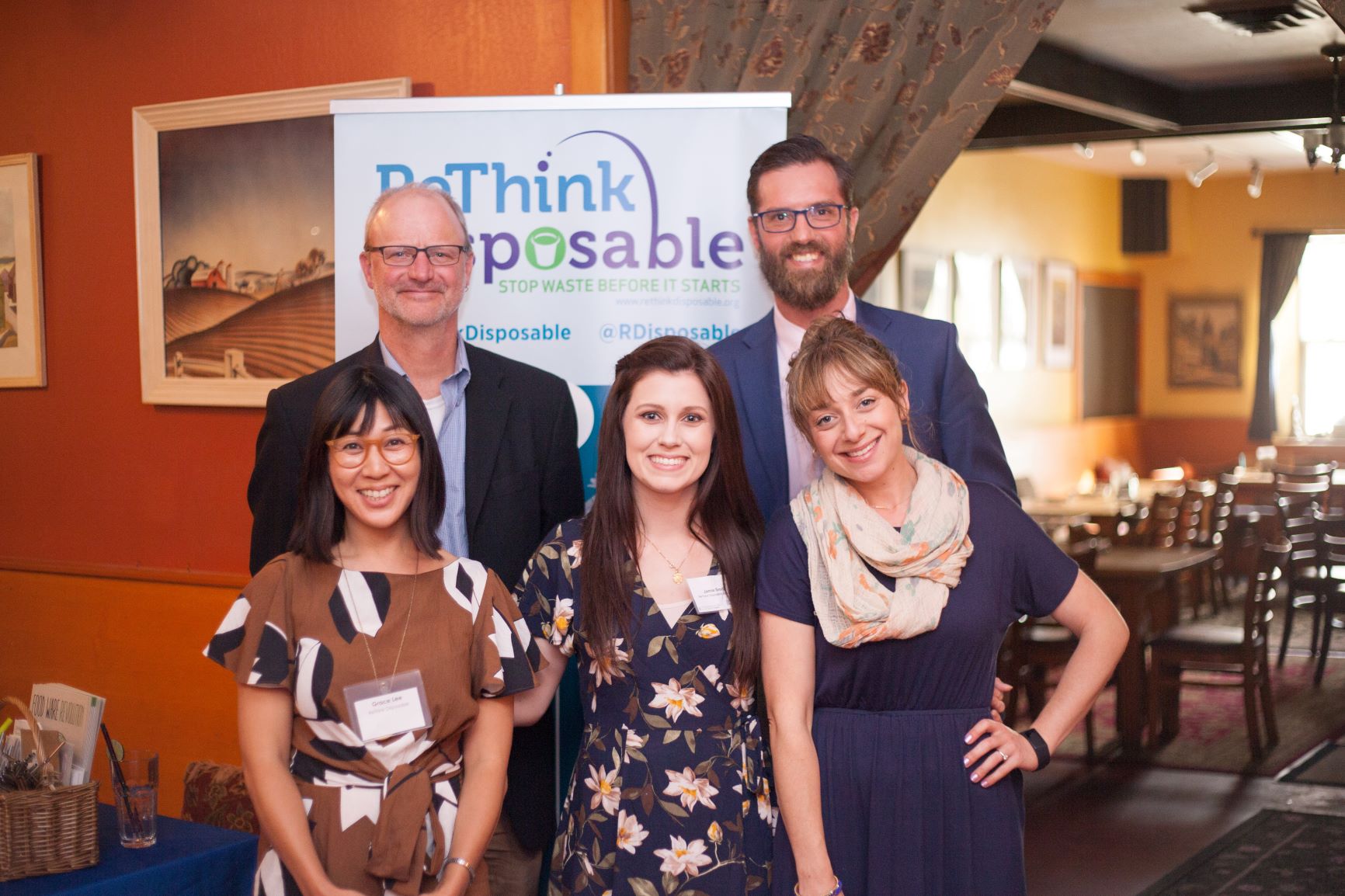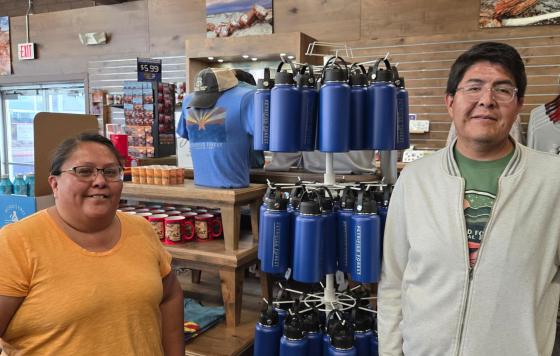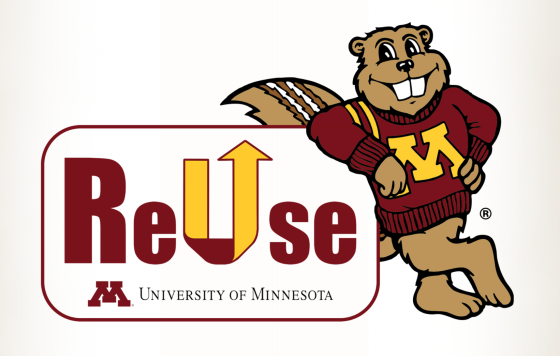
We are proud that, with the Ocean Protection Council, we have successfully wrapped a two-year project to unpackage the city of Alameda. For two years, our team pounded the pavement in Alameda, talking to business owners about our project, meeting with local government, and recruiting student volunteers and community ambassadors for the project. We invested in understanding the rhythms of day-to-day life in this vibrant, interconnected city.
The numbers are impressive. We certified 80 of the 300 Alameda food businesses, tracking and quantifying packaging reduction metrics from 21 of them. Using the data from the 21 Alameda businesses plus packaging reduction metrics from past ReThink Disposable participants, we project that the “Unpackaging Alameda” Project will eliminate 6,199,840 pieces of single use food ware annually, preventing 32.34 tons of waste, and collectively saving businesses $139,231 a year.
Over the course of the project, our team trained 27 volunteer ambassadors, 10 student interns, and 24 litter survey volunteers who analyzed disposable food packaging found on Park Street in Alameda before ReThink Disposable intervention. Outside of our interaction with businesses, we developed relationships with members of local government and leaders of community groups.
We brought media attention to the fact that there are measurable and implementable solutions to the plastic and waste production crisis and we shared the results we were getting at conferences and convenings of people committed to waste reduction.
But what all of these impacts add up to is something difficult to quantify: a cultural shift away from disposables. The core aim of our work is to facilitate a transition away from the disposable lifestyle and toward an expectation and value of reuse.
At a celebration event we hosted for this project, Chris, one of the project leads, mentioned a conversation he had with his family in which he was asked what gives him hope given the enormity of environmental problems like plastic pollution and climate change. He told them about the transformative change he witnessed in Alameda, and how working there gave him a sense of hope for the future rooted in what happens when a community comes together and prioritizes source reduction.
Reusables have been woven into the fabric of daily life in Alameda and into the conversations that people of every age are having about caring for their city and their coast.
We believe that Alameda will serve as a model for other cities that want to unpackage their communities and move toward a culture of reuse. We look forward to working with cities across California and the world. We are working towards a world in which our current level of disposable consumption and waste production represents an unimaginable misuse of resources and disregard for the natural world.


